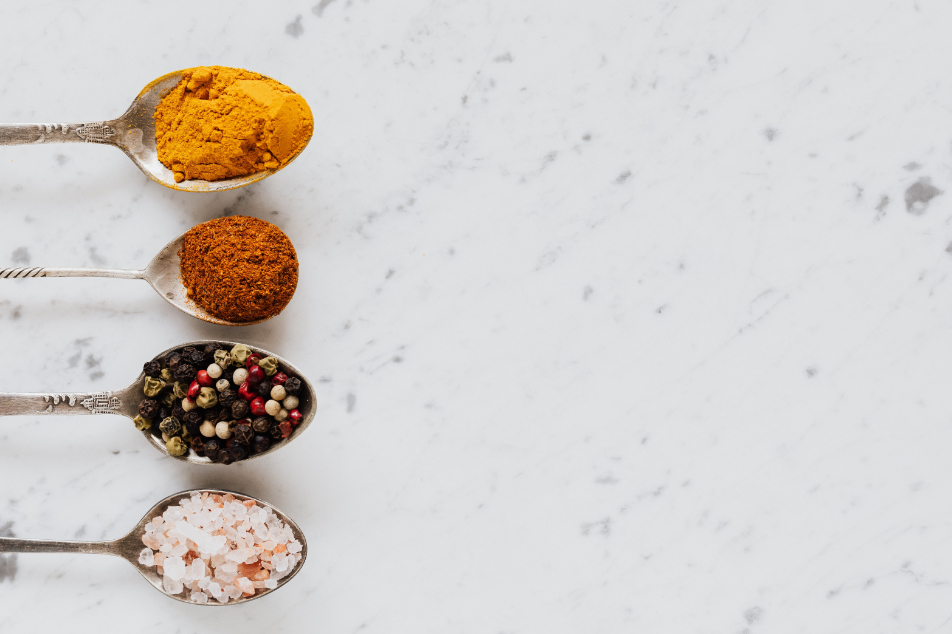
Is this the most JUICY fruit?
Imagine being an early man tens of thousands of years ago…you’re taking a nice stroll in the forest and you come upon the apricot for the first time. Oh so juicy. Oh so golden. Oh so yummmmmy! Well, just like apples, apricots are part of the rose family and were cultivated 4000 yearrs ago. Today, 95% of USA’s apricots are grown in California.
Apricots are a stone fruit that is native to Asia. They are a member of the Rosaceae family, which also includes peaches, plums, and cherries. Apricots are a good source of vitamins A and C, as well as potassium. They are also a good source of fiber.
Apricots are available fresh in the summer and can be eaten fresh, cooked, or dried. They are a popular ingredient in many dishes, including pies, cobblers, and jams.
Here are some of the health benefits of apricots:
- Improved eye health: Vitamin A in apricots is essential for eye health. It helps to protect the eyes from damage and can help to prevent night blindness.
- Reduced risk of cancer: The antioxidants in apricots can help to protect the body from damage caused by free radicals, which can lead to cancer.
- Boosted immune system: Vitamin C in apricots helps to boost the immune system. It helps the body to fight off infection.
- Improved digestion: Fiber in apricots can help to improve digestion by preventing constipation.
- Weight loss: Apricots are a low-calorie fruit that can help you feel full and satisfied, which can help you eat less and lose weight.
Apricots are a healthy and versatile fruit that can be enjoyed by people of all ages. They are a good source of nutrients and can help improve overall health.
Here are some tips for choosing and storing apricots:
- Choose apricots that are firm and have a bright orange color. Avoid apricots that are soft or have bruises.
- Apricots can be stored at room temperature for a few days. Once they start to ripen, they can be stored in the refrigerator for up to 3 days.
- Apricots can also be frozen for up to 6 months. To freeze apricots, wash them and remove the pits. Cut the apricots into halves or quarters and place them in a freezer bag or container.
Benefits
-
Reduces age-related macular degeneration of the eye.
-
Rich in anti-oxidants for body`s normal functioning and eliminating toxins.
-
Rich in carotenoids and phytonutrients for improving the immune system.
-
High fibre content, good for digestion.
-
Increases the HDL level and hence heart healthy
-
High levels of potassium for maintaining blood pressure.
-
Rich source of Non-heme iron and vitamin C. Hence helpful for peope with anemia.
-
Rich in anti- oxidants that fights free radicals causing cancer.
-
Anti-oxidants in apricots help in anti- aging and the vitamin A content is good for skin.
-
Improves rate of metabolism and help in weight reduction.
-
Anti- oxidants in apricot lowers the amount of impurities in the system and hence fights asthma.
-
Rich in calcium and hence fight osteoporosis.
-
Rich in potassium and sodium and hence increases the electrolyte content of the body. Source: http://wiki-fitness.com/apricot-health-benefits-nutrition-facts/
Interactions
-
Apricot contains Iron, beta carotene, potassium, thiamine and vitamin C and hence can interact with such supplements and herbs containing them.
-
Apricot kernels can lower blood pressure and hence can interfere with blood pressure lowering medications and supplements.
-
Apricot kernels can interact with Laetrile and can cause cyanide poisoning. Source: http://www.healthline.com/natstandardcontent/apricot#2
-
Apricot can enhance drug bio-availability by inhibiting ATP-mediated drug efflux Source: http://www.hindawi.com/journals/cherp/2012/282570/
-
Apricot can cause salicylate sensitivity in susceptible individuals Source: http://www.allergyclinic.co.nz/guides/30.html
-
Apricot can interact with potassium sparing diuretics Source: http://www.livestrong.com/article/359573-foods-to-eat-if-you-are-on-diuretic-medications/
-
Apricot can interact with salicylates in Raspberry Source: http://www.faradaysnaturalfoods.com/ns/DisplayMonograph.asp?StoreID=EADB2AA619684A9AB9AF9A7D0A20FF81&DocID=basic-interactions-raspberry
-
Apricot contain histamine Source:http://www.foodsmatter.com/allergy_intolerance/histamine/articles/histamine_joneja.html
-
Apricots are rich in potassium and hence can interact with ACE inhibitors. Source: http://www.usatoday.com/story/news/nation/2013/01/20/food-drug-interactions/1827229/
Health conditions to avoid apricot:
-
Apricot fruit contain sugars that are to be avoided by diabetics.
-
Apricot should be avoided by people allergic to fruits of the Rosaceae family. Source: http://www.healthline.com/natstandardcontent/apricot#2
-
Children with ADHD who are sensitive to salicylates should avoid apricots. Source: http://www.everydaywithadhd.com.au/user-assets/info_sheets/salicylate_food_chart.pdf
-
Apricot should be avoided by people taking potassium sparing diuretics. Source: http://www.livestrong.com/article/359573-foods-to-eat-if-you-are-on-diuretic-medications/
-
Apricots should be avoided by patients with CKD. Source: http://kidney.niddk.nih.gov/KUDiseases/pubs/NutritionLateCKD/index.aspx
Photo by cottonbro studio: https://www.pexels.com/photo/a-person-holding-a-fruit-9811474/
NOTE: The information on this website is for educational purposes only and is not intended to replace the advice of a qualified medical professional. If you have any questions or concerns about your health, please consult a doctor. We do not endorse any specific products or treatments, and we do not claim to cure or treat any medical conditions. The information on this website is based on our own research and experience, and we cannot guarantee its accuracy or completeness. View the full disclaimer here


